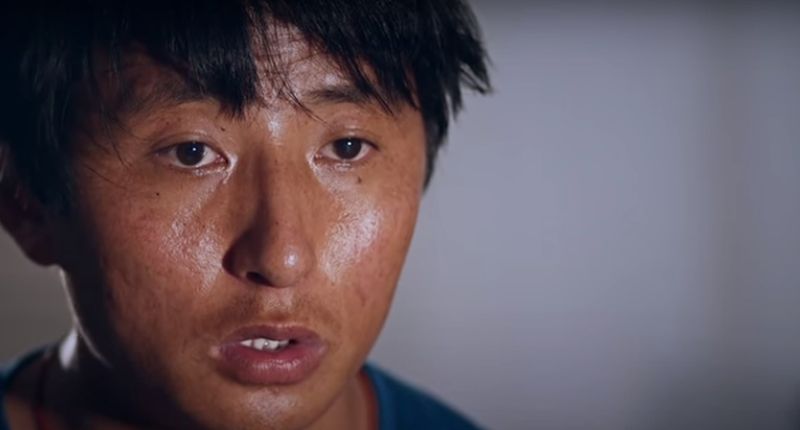
Language Advocate Tashi Wangchuk Expected to Be Released After Five Years
Free Tibet has repeatedly pushed for Tashi’s release after his 2016 detention
After five years in detention and prison, the Tibetan language rights advocate Tashi Wangchuk is expected to be released this time next week.
Tashi Wangchuk, a shopkeeper from Kyegudo in eastern Tibet, embarked on his path as a language advocate after Tibetan classes were closed down in his local area. Tashi came to international prominence after speaking to the New York Times in 2015 about his fear for the future of Tibet’s language and culture.

Tashi Wangchuk during his New York Times interview
Tashi’s goal – that all Tibetan children should have access to Tibetan language instruction – was entirely in line with the Chinese Constitution. The resulting short video and article published by the New York Times documented Tashi Wangchuk’s conscientious efforts to file a lawsuit in Beijing to preserve Tibetan language and it received huge international coverage. His arrest in January 2016 thus sparked widespread support from across the world demanding his immediate release, including thousands of Free Tibet supporters.
As his five-year sentence comes to completion, a panel discussion was convened by International Tibet Network earlier this week to recall Tashi Wangchuk’s courageous story. This was followed by a discussion about the current state of Tibetan language education in Tibet with a special focus on China’s bilingual policy.
Free Tibet’s Campaign and Advocacy Manager, John Jones, joined the panel alongside Rinzin Choedon, National Director of Students for a Free Tibet India, Dechen Pemba, Editor of High Peaks Pure Earth, and James Tager, Research Director of PEN America.
The panel highlighted Tashi’s bravery, and the risks he took in insisting that his interview with the New York Times be public. The panel also highlighted that Tashi’s struggle may not end with his release; Tibetan prisoners are often released in poor health and deprived of their political rights for a year. Tashi Wangchuk, being one of the most high-profile Tibetan prisoners, is bound to be monitored in every aspect of his life and subjected to travel restrictions.
On a more positive note, the panel discussed the numerous efforts to spread the teaching of the Tibetan language, in the form of language rights protests inside Tibet and work by the diaspora to catalogue ancient and contemporary works in Tibetan.
You can see the full panel discussion here.

